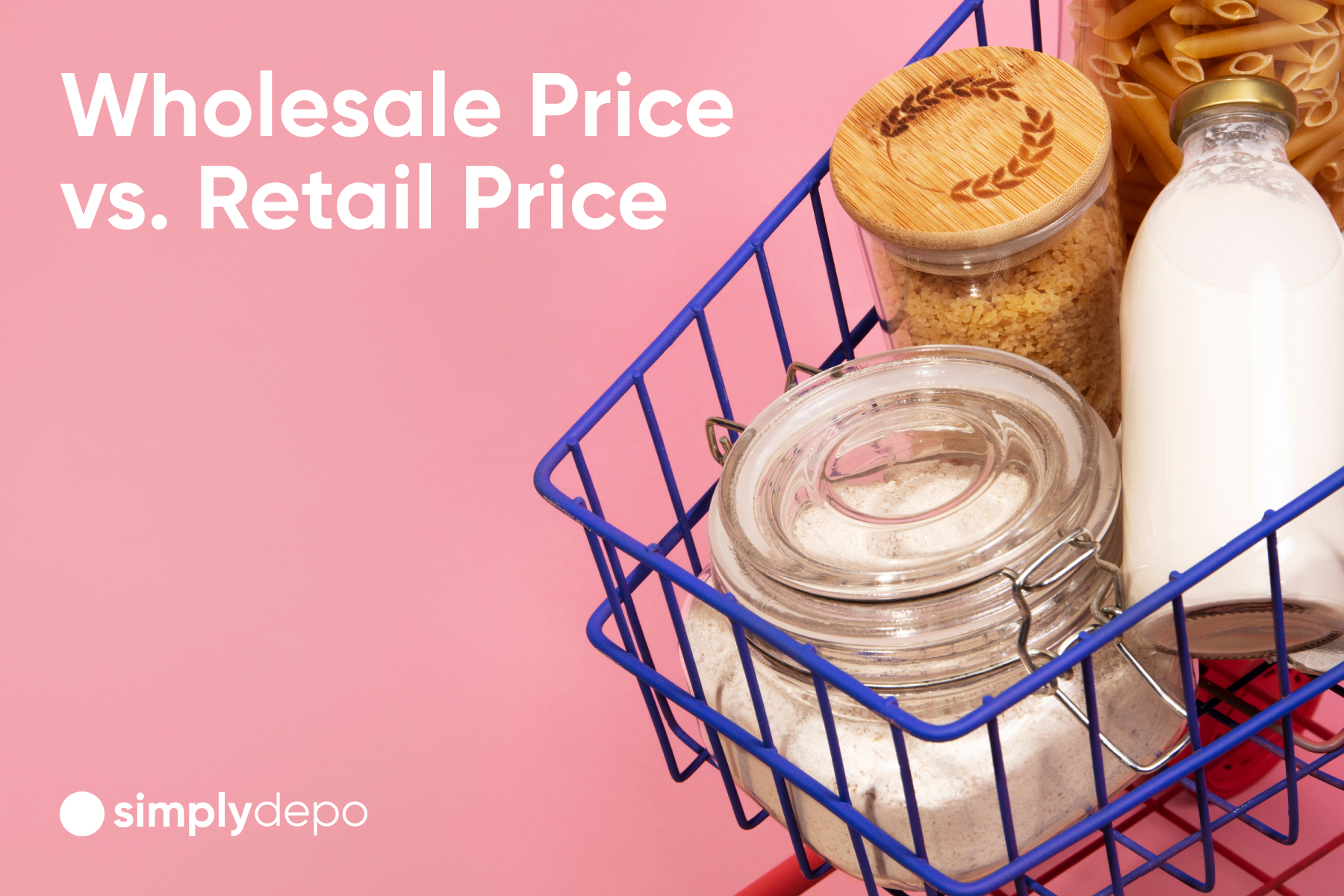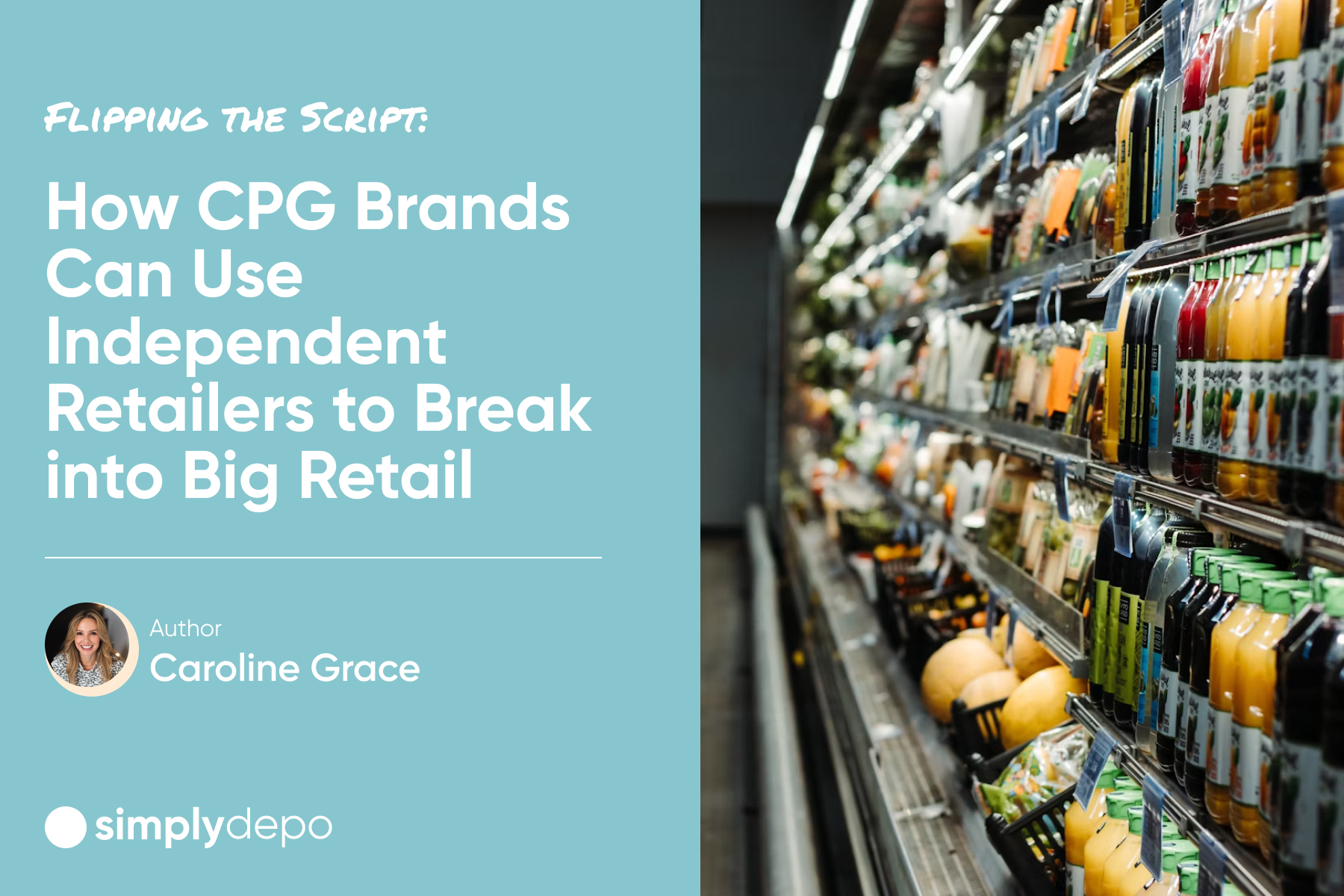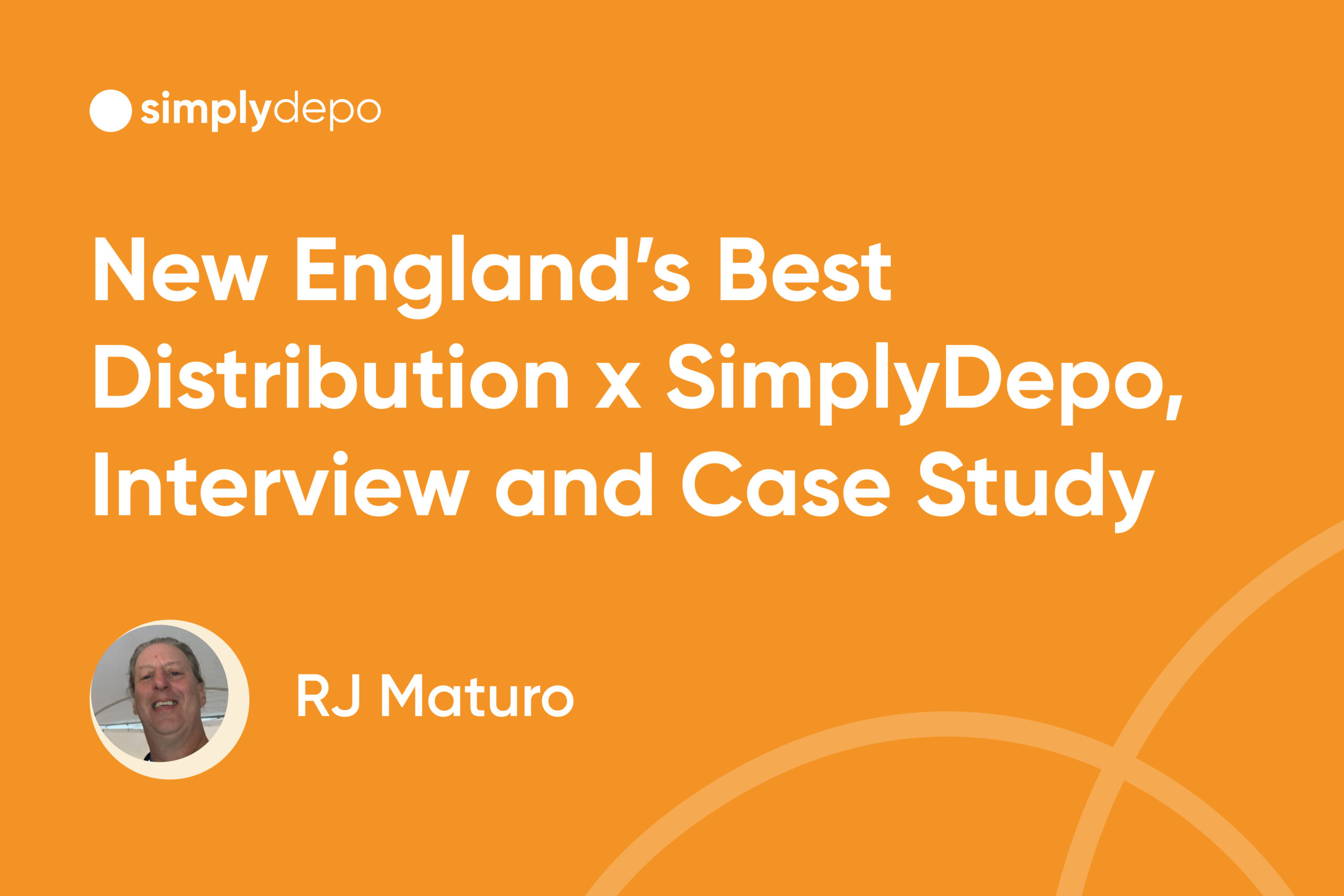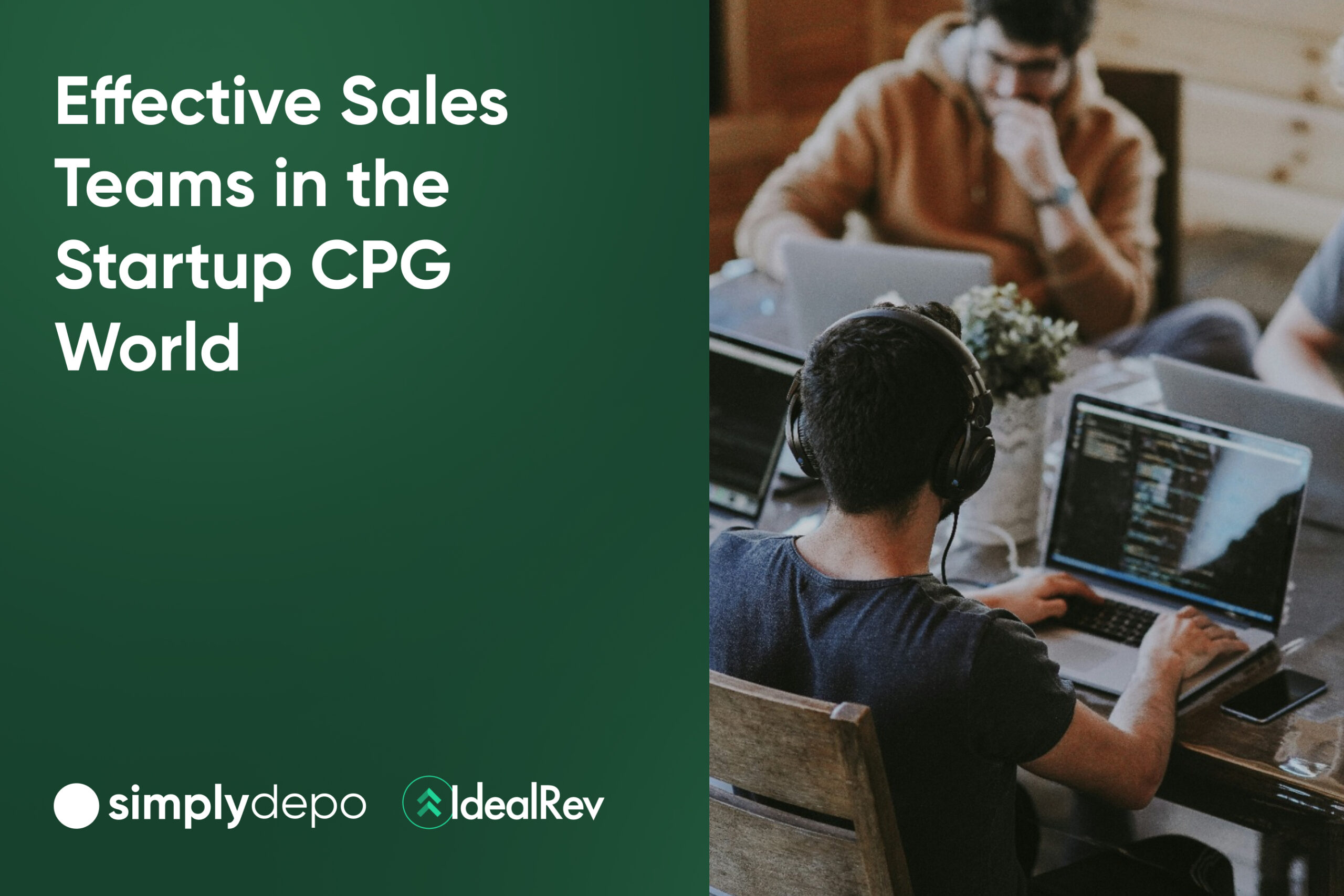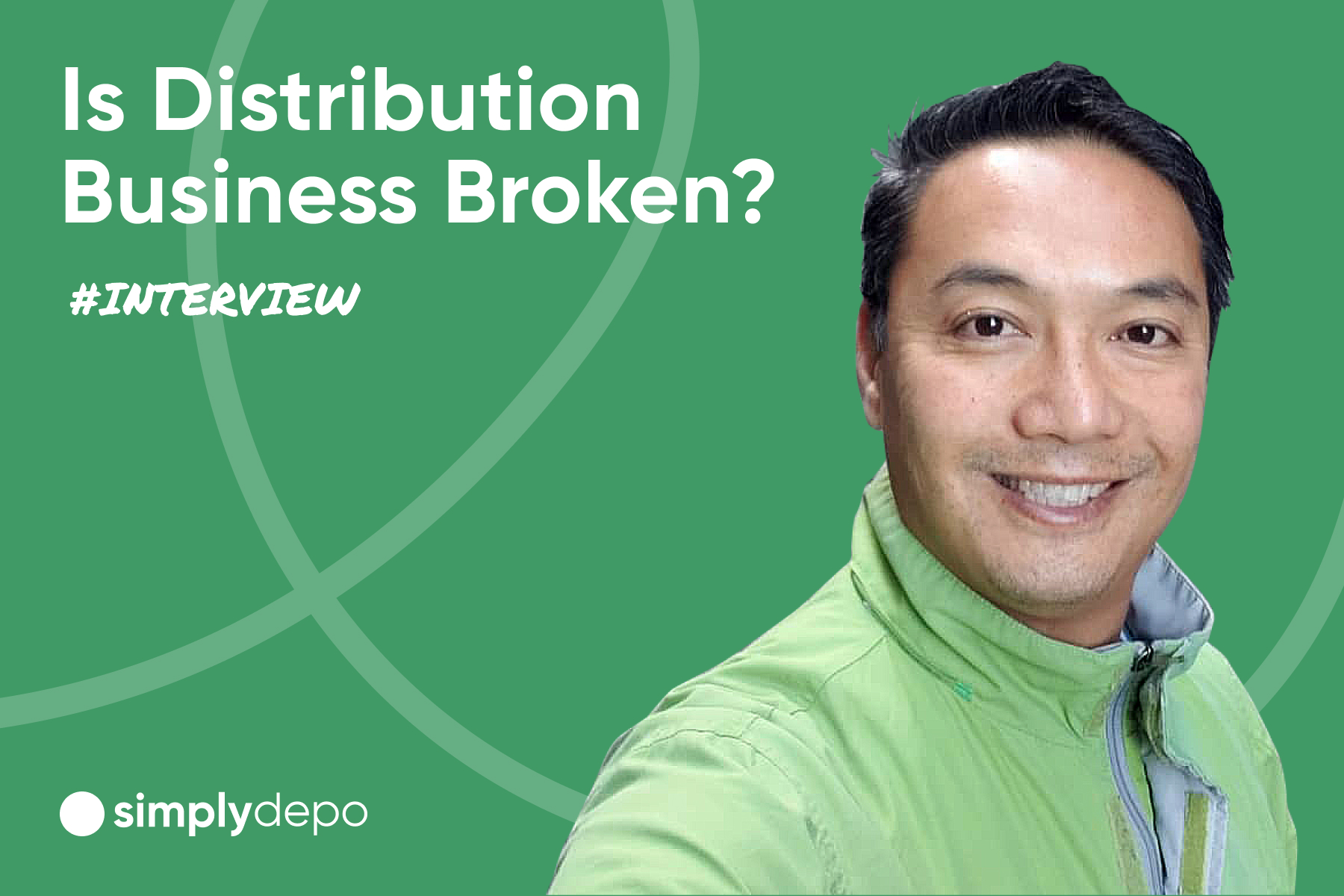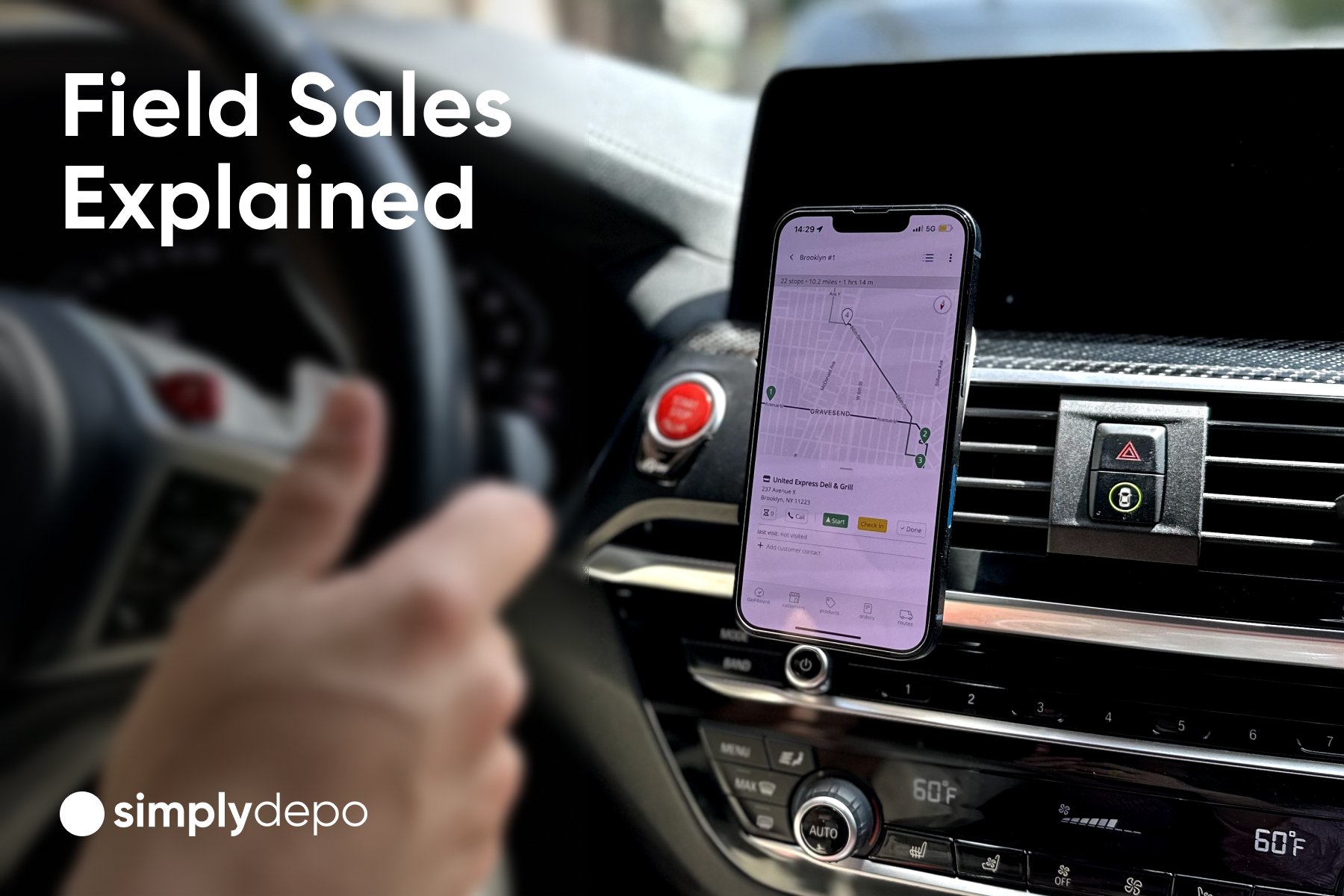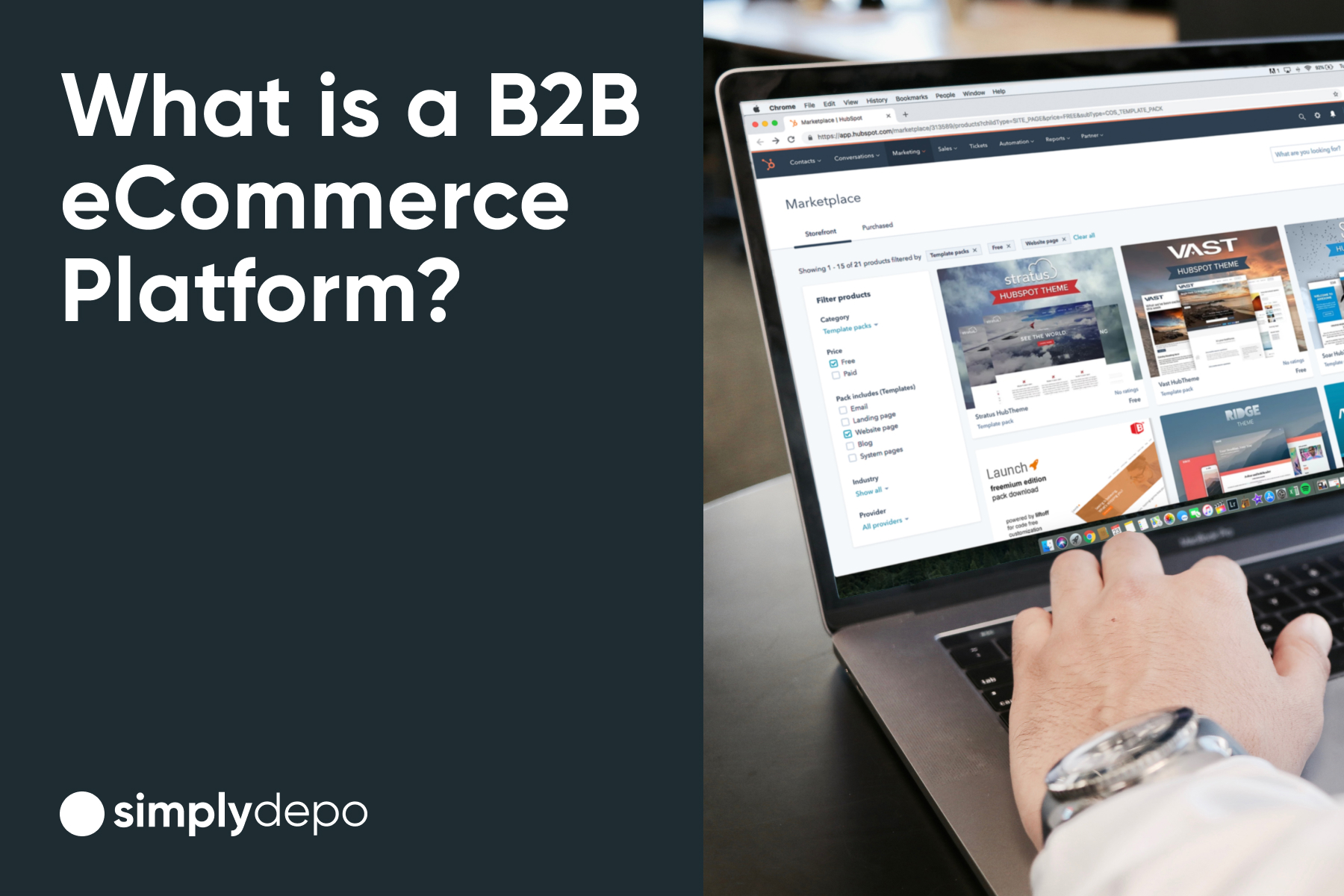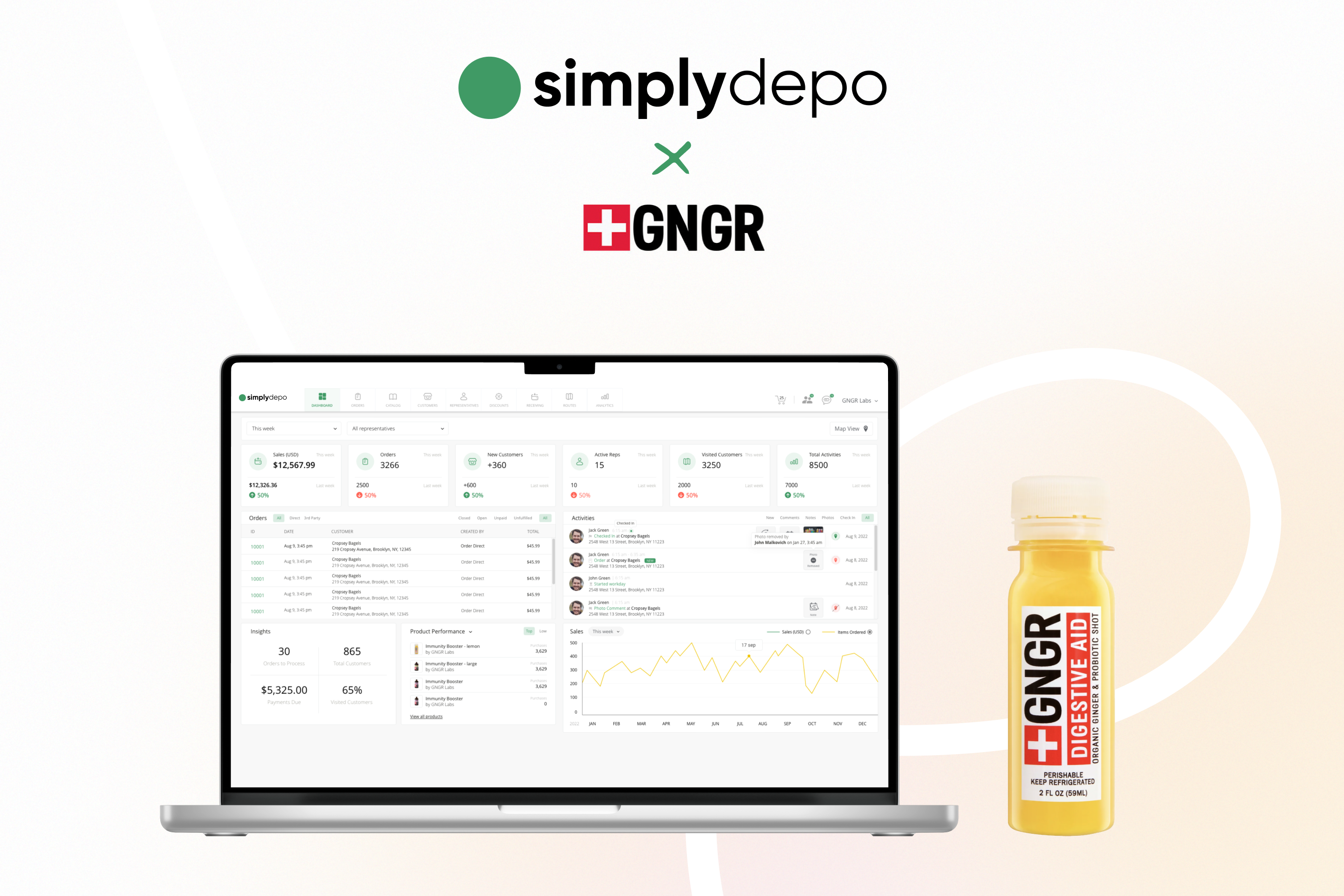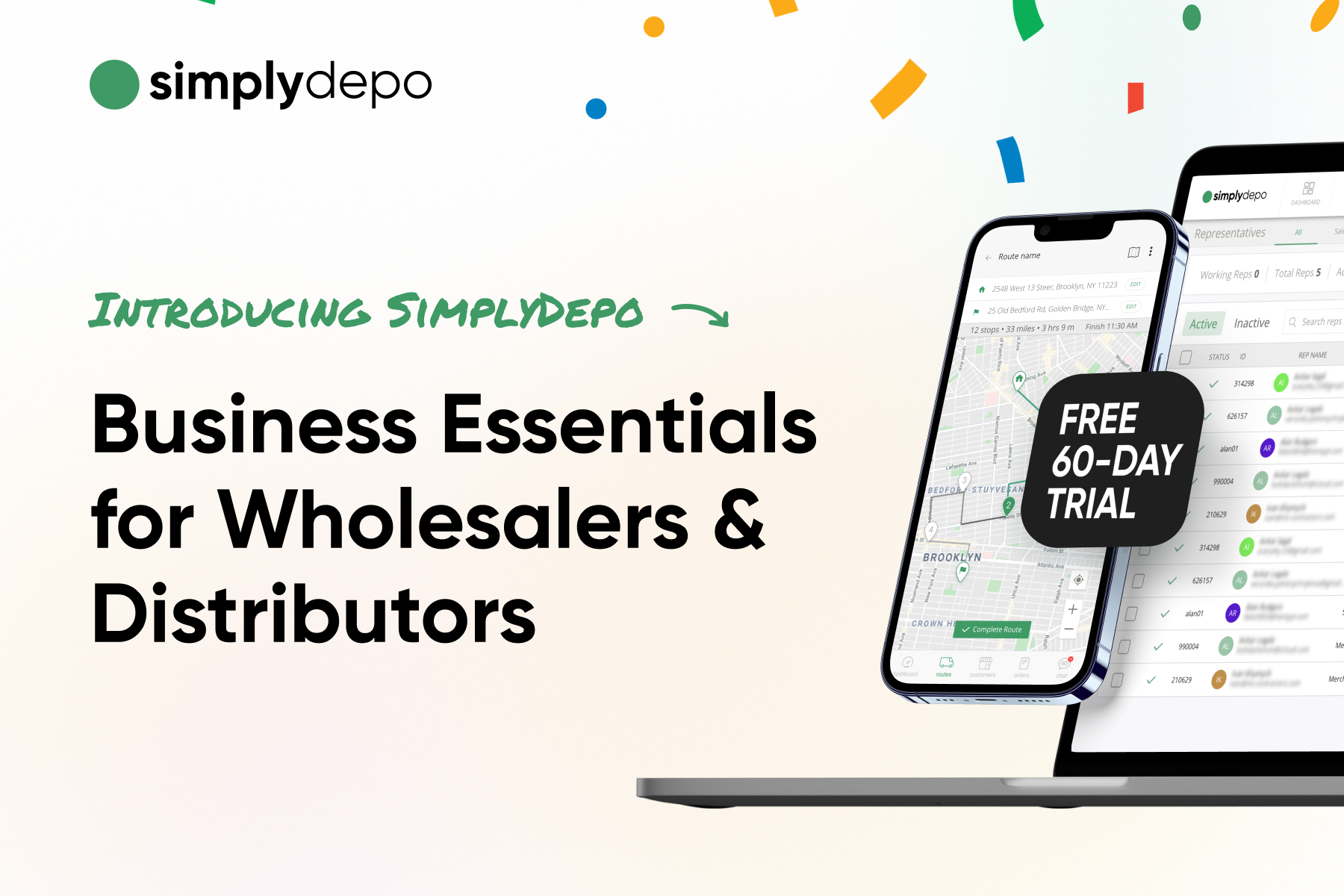Discovering the difference between wholesale and retail pricing
In the intricate web of commerce and trade, prices play a pivotal role. One often hears the terms “wholesale price” and “retail price” thrown around, but what do these terms really mean? How do they differ, and why are they important? In this article, we will delve into the concepts of wholesale and retail prices, exploring their definitions, calculations, and differences, and answering some frequently asked questions about these fundamental pricing strategies.
Wholesale Price Definition
The wholesale price represents the cost at which goods are sold to retailers or other businesses rather than to individual consumers. Essentially, it’s the price at which products are purchased in bulk by retailers before being marked up and sold to the end consumers at a higher retail price. Wholesale prices are typically lower than retail prices because they don’t include the additional costs and margins associated with marketing, packaging, and selling directly to consumers.
Wholesale pricing serves as the foundation of the supply chain. Manufacturers produce goods and sell them at wholesale prices to distributors or retailers. This enables retailers to make a profit by setting a higher retail price and catering to the needs of individual consumers.
How Do You Calculate Wholesale Price?
Calculating the wholesale price involves considering various factors to ensure both the manufacturer and the retailer can achieve their desired profit margins. The formula to calculate the wholesale price is:
Wholesale Price = Cost Price + (Cost Price x Markup Percentage)
Here, the “Cost Price” refers to the actual cost of producing the item, including raw materials, production costs, and any associated overheads. The “Markup Percentage” is the profit margin desired by the manufacturer or wholesaler.
For example, if a manufacturer’s cost to produce a product is $50 and they want a 30% markup, the wholesale price would be:
Wholesale Price = $50 + ($50 x 0.30) = $50 + $15 = $65
Wholesale Price vs. Retail Price
The key distinction between wholesale price and retail price lies in their target audiences and the associated costs. Wholesale prices are intended for bulk purchases by businesses, while retail prices are aimed at individual consumers.
Retail prices encompass additional expenses such as marketing, packaging, and distribution, which are not included in wholesale prices. Retailers purchase products at wholesale prices and then add their markup to cover these extra costs and generate a profit.
Retail Price = Wholesale Price + Retailer’s Markup + Additional Costs
The retail markup can vary widely depending on the industry, product type, and market demand. High-end luxury items might have significantly larger markups, whereas products in highly competitive markets might have lower markups to remain appealing to price-conscious consumers.
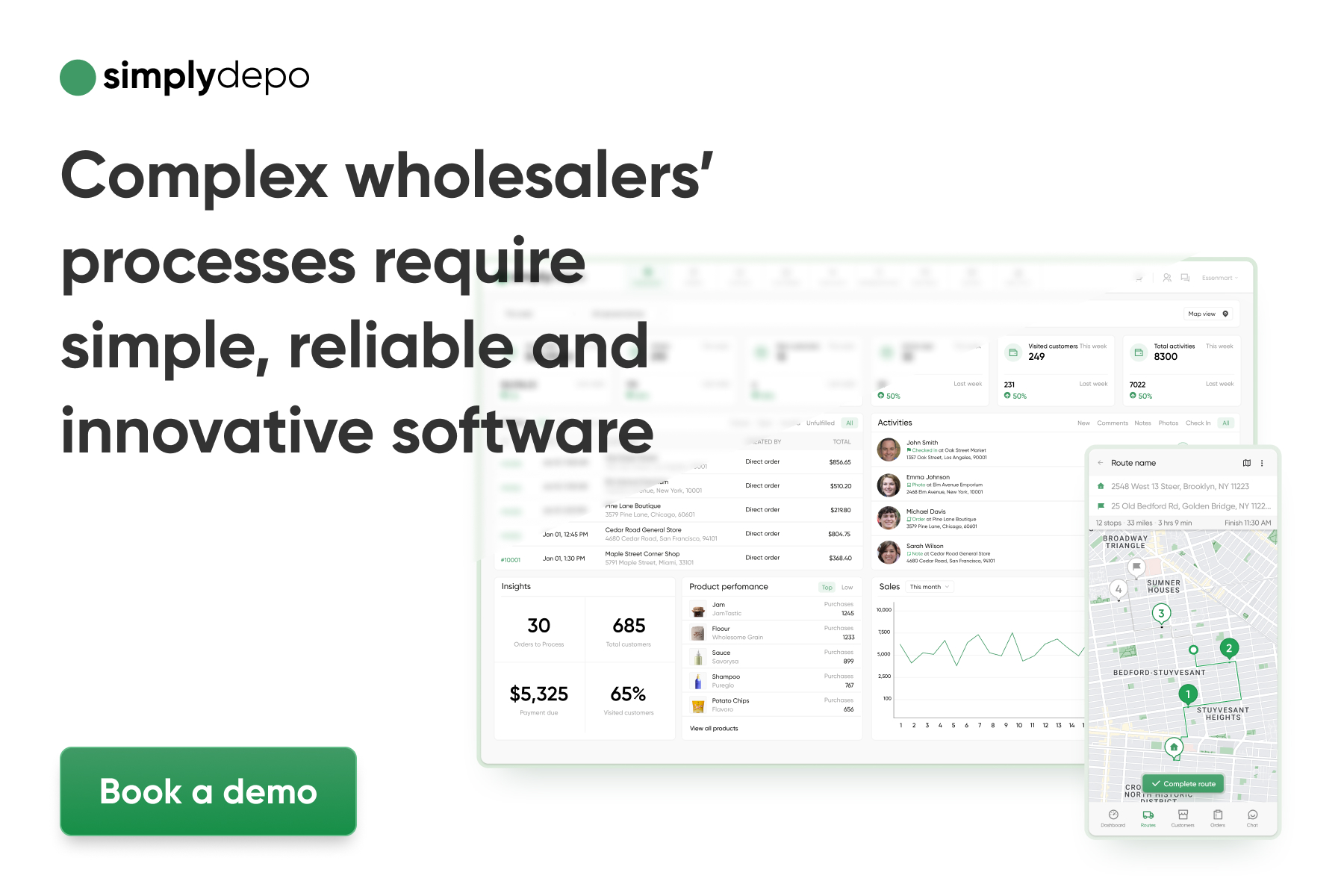
Frequently Asked Questions About Wholesale Price and Retail Prices
1. Can consumers buy products at wholesale prices?
Generally, wholesale prices are reserved for businesses purchasing in bulk. However, some retailers offer membership programs or special sales events that allow consumers to buy products at discounted prices that approach wholesale rates.
2. Why do manufacturers use wholesale pricing?
Wholesale pricing enables manufacturers to distribute their products on a larger scale, working with distributors and retailers who can take care of marketing, sales, and logistics.
3. What factors determine the retail markup?
Retail markups are influenced by factors such as production costs, market demand, competition, and the perceived value of the product. Luxury items often have higher markups due to their exclusivity and brand image.
4. Can wholesale prices change over time?
Yes, wholesale prices can change based on various factors, including fluctuations in production costs, changes in demand, and shifts in market dynamics.
5. Are wholesale prices negotiable?
In some cases, wholesalers might be open to negotiation, especially if a retailer is looking to make a substantial purchase. However, negotiations might be limited by factors such as market conditions and the relationship between the parties.
Conclusion
Understanding the distinctions between wholesale price and retail price is crucial for anyone involved in the business of buying and selling goods. Wholesale prices form the foundation of the supply chain, enabling manufacturers, distributors, and retailers to collaborate effectively. On the other hand, retail prices encompass the additional costs and markups necessary to bring products to individual consumers. Whether a retailer utilizes a B2B eCommerce platform or not, it’s essential to align your pricing strategy with the specific selling environment.
In the end, determining the exact wholesale price versus retail price hinges on your unique circumstances. If the retailers you’re targeting have established price expectations, which is often the case, you should factor these expectations into your pricing approach.
One notable advantage when it comes to the challenging pricing question is its variability. What may succeed in one online marketplace or wholesale platform might not yield the same results in another B2B online marketplace. A wise approach to pricing involves studying the strategies employed by others. By crafting a similar pricing strategy for your products, you can foster enduring and fruitful relationships with your clients.
By grasping these concepts, businesses can make informed decisions about pricing strategies that align with their goals and market dynamics.
